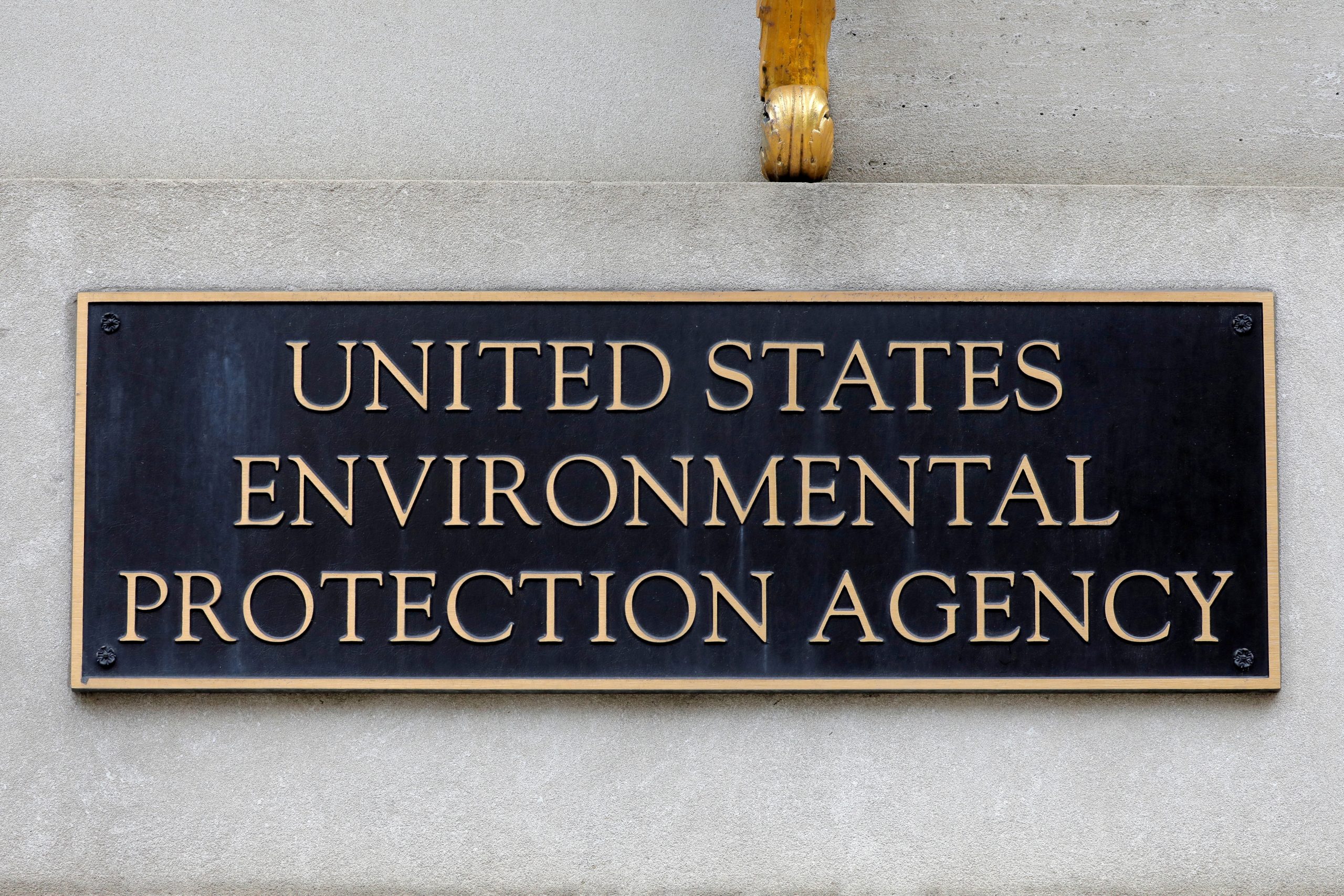
[elfsight_social_share_buttons id=”1″]
The Biden administration’s environmental regulators will set enforceable limits on pollutants known as “forever chemicals” in drinking water, one of many actions being taken to battle the problem, the White House said on Monday.
The Environmental Protection Agency for the first time will set limits on certain polyfluoroalkyl and perfluoroalkyl substances, or PFAS, that persist in the environment and that scientists have associated with illnesses such as kidney cancer.
The EPA expects by next year to issue restrictions on PFAS discharges from industrial sources by establishing technology-based limits on the chemicals, the agency said in a separate document.
The EPA released a three-year plan on other actions to help prevent PFAS from being released into the air and food supply and to expand cleanup efforts.
“Let there be no doubt that EPA is listening, we have your back, and we are laser focused on protecting people from pollution and holding polluters accountable,” EPA administrator Michael Regan said in a release.
The pollutants are released by certain manufacturers and the organic chemical, plastics and synthetic fibers industries.
PFAS have been used for decades in household products such as non-stick cookware, stain- and water-resistant textiles, rugs, food packaging, photo imaging, and in industrial products. Many states have outlawed their use in food packaging.
The Defense Department is conducting PFAS assessments at nearly 700 locations where the chemicals were used or may have been released, and expects to complete initial evaluations by late 2023, the White House said.
A bipartisan infrastructure bill that Congress is debating contains $10 billion in grants to address contaminants including PFAS through state revolving funds and disadvantaged community programs. A wider spending bill also includes investments for the EPA to conduct monitoring for PFAS compounds in drinking water.
(Reporting by Timothy Gardner and Doina Chiacu; Editing by Chizu Nomiyama and Howard Goller)
Copyright 2021 Thomson/Reuters
